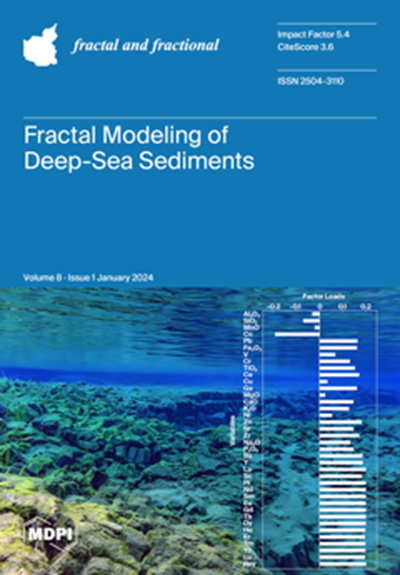利用变分数阶导数的高效变步长梯度方法的发展
IF 3.3
2区 数学
Q1 MATHEMATICS, INTERDISCIPLINARY APPLICATIONS
引用次数: 0
摘要
分数梯度法已经引起了研究人员的极大关注。关于分数阶梯度方法的普遍观点是,与经典梯度方法相比,分数阶梯度方法具有更快的收敛速度。然而,通过理论收敛性分析,我们发现分数阶梯度方法的最大收敛速率与经典梯度方法相同。这一发现表明,分数梯度的优势可能并不在于与经典梯度方法相比实现更快的收敛速度。在这一发现的基础上,提出了一种新的可变分数型梯度方法,重点是自动调整步长。理论分析证实了该方法的收敛性。数值实验表明,该方法能够快速准确地收敛到极值点。此外,引入Armijo准则,确保所提出的梯度方法与现有的各种梯度方法在每次迭代时都能选择最优步长。结果表明,尽管所提出的方法与现有的梯度方法具有相同的理论最大收敛速度,但所提出的方法中引入的变步长机制在应用于实际问题时始终表现出优越的收敛稳定性和性能。本文章由计算机程序翻译,如有差异,请以英文原文为准。
Development of an Efficient Variable Step-Size Gradient Method Utilizing Variable Fractional Derivatives
The fractional gradient method has garnered significant attention from researchers. The common view regarding fractional-order gradient methods is that they have a faster convergence rate compared to classical gradient methods. However, through conducting theoretical convergence analysis, we have revealed that the maximum convergence rate of the fractional-order gradient method is the same as that of the classical gradient method. This discovery implies that the superiority of fractional gradients may not reside in achieving fast convergence rates compared to the classical gradient method. Building upon this discovery, a novel variable fractional-type gradient method is proposed with an emphasis on automatically adjusting the step size. Theoretical analysis confirms the convergence of the proposed method. Numerical experiments demonstrate that the proposed method can converge to the extremum point both rapidly and accurately. Additionally, the Armijo criterion is introduced to ensure that the proposed gradient methods, along with various existing gradient methods, can select the optimal step size at each iteration. The results indicate that, despite the proposed method and existing gradient methods having the same theoretical maximum convergence speed, the introduced variable step size mechanism in the proposed method consistently demonstrates superior convergence stability and performance when applied to practical problems.
求助全文
通过发布文献求助,成功后即可免费获取论文全文。
去求助
来源期刊

Fractal and Fractional
MATHEMATICS, INTERDISCIPLINARY APPLICATIONS-
CiteScore
4.60
自引率
18.50%
发文量
632
审稿时长
11 weeks
期刊介绍:
Fractal and Fractional is an international, scientific, peer-reviewed, open access journal that focuses on the study of fractals and fractional calculus, as well as their applications across various fields of science and engineering. It is published monthly online by MDPI and offers a cutting-edge platform for research papers, reviews, and short notes in this specialized area. The journal, identified by ISSN 2504-3110, encourages scientists to submit their experimental and theoretical findings in great detail, with no limits on the length of manuscripts to ensure reproducibility. A key objective is to facilitate the publication of detailed research, including experimental procedures and calculations. "Fractal and Fractional" also stands out for its unique offerings: it warmly welcomes manuscripts related to research proposals and innovative ideas, and allows for the deposition of electronic files containing detailed calculations and experimental protocols as supplementary material.
 求助内容:
求助内容: 应助结果提醒方式:
应助结果提醒方式:


